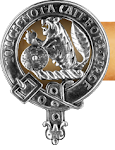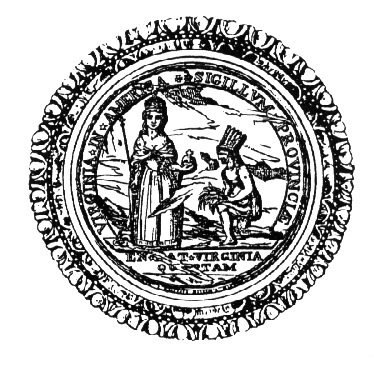
From: THE WASHINGTON POST
18 October 1891
"LYNCHING IN VIRGINIA
A Day and Night of Bloodshed and Excitement at Clifton Forge
-------------------------------
SAVAGE FIGHTS WITH NEGROES
_________________
A White Man and a Black Killed in the Affray and Three Blacks Afterward Taken Out of Jail and Hanged by the Populace.
-----------------------------
CLIFTON FORGE, Va., Oct. 17. -- The inhabitants of Clifton Forge have been aroused to the utmost excitement to-day by one of the most tragic occurrences that has taken place in the town for many years, In fact never has there been such a fearful tragedy known in the history of the town, one white man and a negro being shot to death, and three negroes lynched.
This morning a gang of six armed, drunken negroes came into town from Big Hall mines, eight miles from here, and boasted loudly that they had come to take the place. This created confusion on the streets, as the negroes had pistols and other weapons which they exhibited freely. They walked about the streets insulting ladies and committing other outrages, and finally creating a riot.
A number of citizens decided to arrest them, but the negroes violently resisted arrest and breaking away from their would be captors, fled. A posse of town officers and citizens gave chase. When the negroes had nearly reached Iron Gate they turned and commenced firing upon their pursuers, and a battle between the posse and the rioters ensued. Philip Bolling of Albermarle county, a brakeman of the Chesapeake and Ohio Railroad Company, was killed outright at the first fire, and Frederick Wilkinson, of Bedford county, was injured seriously.
Bolling was married. Wilkinson will recover, it is thought.
The news of the shooting spread rapidly with excitement and in a short time fifty men were scouring the mountains, where the negroes rook refuge, hunting them down. All of them were captured after several hours search and a second battle on the mountains between policemen and negroes. One of the negroes is supposed to be dead from his wounds, The other four were placed in jail here, three of them having been wounded before they were captured.
Threats of lynching were heard on all sides, and the mayor prepared to defend the jail against attack, saying he was determined to frustrate the mob.
Two large mobs, numbering in all about 500, formed in the town and met at Sweetwood's store at about 10 o'clock tonight. They fired salutes and then the two combined and marched to the jail, where the prsioners taken in the afternoon had been confined.
They attempted, after firing into the jail for some time, to break open the door with a ram, but it was too strong and resisted their efforts. They then procured axes and sledge-hammers and broke in.
They took out three prsioners, and taken them to a gully about half a mile from the jail, they strung two of them up to a tree and filled them full of bullets. The third prisoner, who was a boy sixteen years old, they brought back.
It is not likely that any arrests will be made, as public sentiment justifies the deed, the conduct of the negroes and the shooting of the two white men having roused the public to an uncontrollable pitch of fury.
A fourth negro was taken out and lynched later."
=================================
My grandfather, John Bean, was living in Clifton Forge on 17 October 1891 when 6 black mine workers went on a killing rampage and were lynched by the white community for their deeds. [James Scott gained notoriety in being the black leader who was hung, along with 2 others. Their corpses were shot repeatedly by white passersby as they hung from the center of the town square. ] He recalled to his son, Walter, seeing the corpses hanging in the town square, riddled with gunshot. This event left a profound mark on John, that remained with him the remainder of his days.
National Guard were called to protect the citizenry of Clifton Forge, by Presidential order, from black retaliation, as groups of blacks were prepared to transport from Washington, D.C. by train to Clifton Forge for retribution.[This plan was thwarted by the presence of soldiers in Washington, D.C.]
The James Scott lynching has been smeared with racial overtone ever since, and even today, it is speculated upon whether the lynchings were more in retribution for the fallen slain, or for the race of the killers. [ See "Lynching in the New South: Georgia and Virginia, 1880-1930 (Blacks in the New World)" - W. Fitzhigh Brundage - University of Illinois Press - 1 May 1993 - ISBN: 0252063457 - pg 145-148 .]











No comments:
Post a Comment